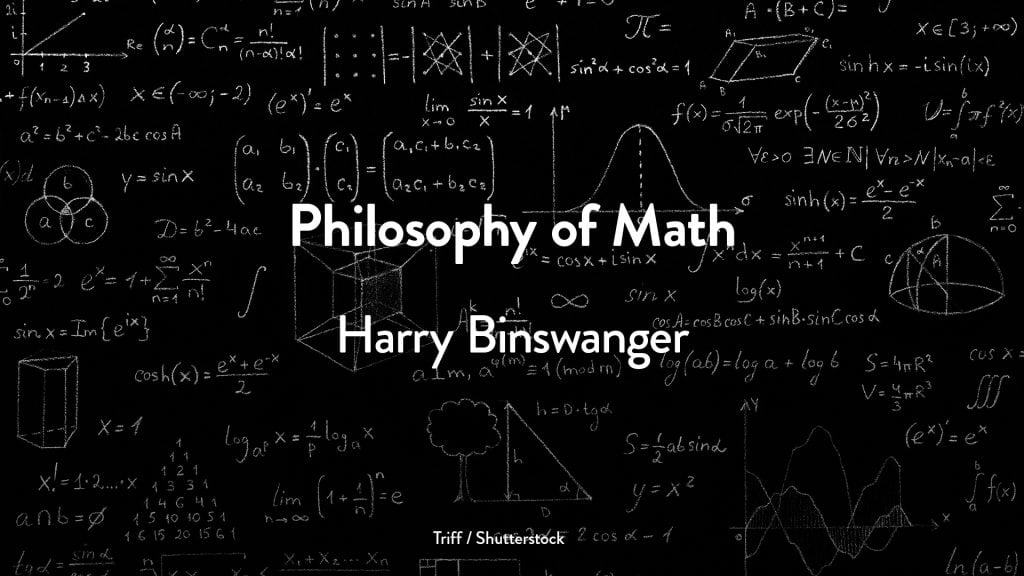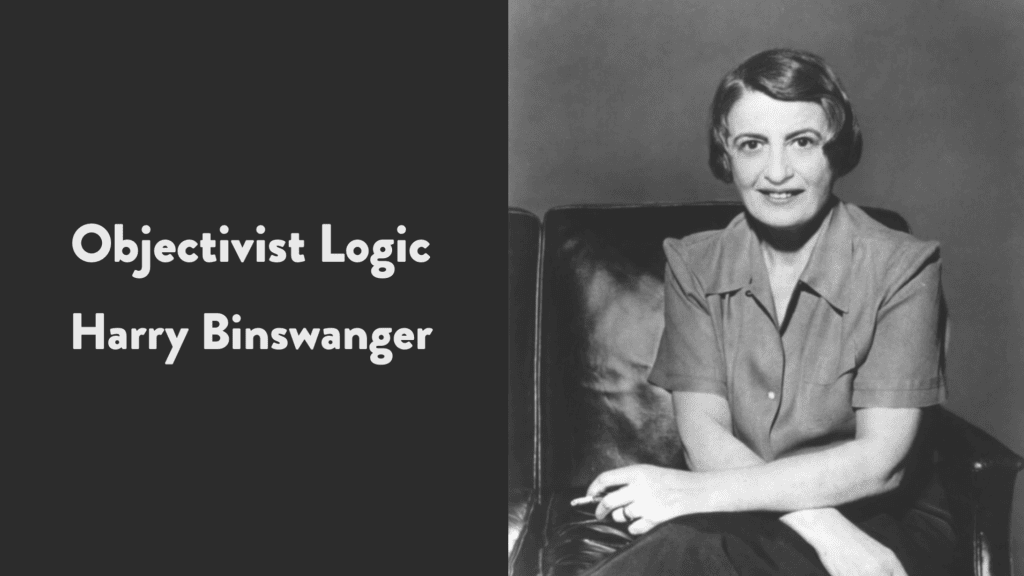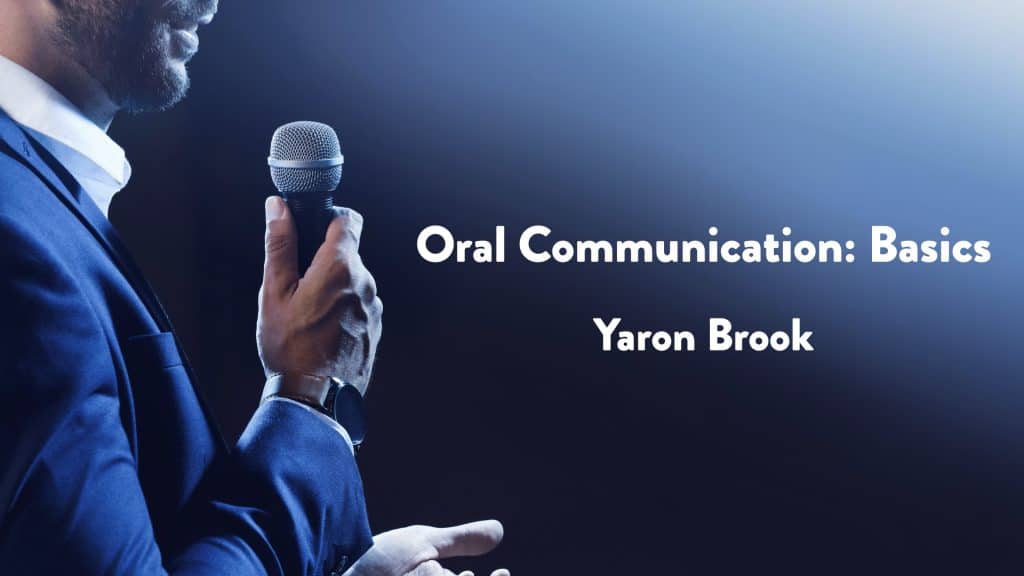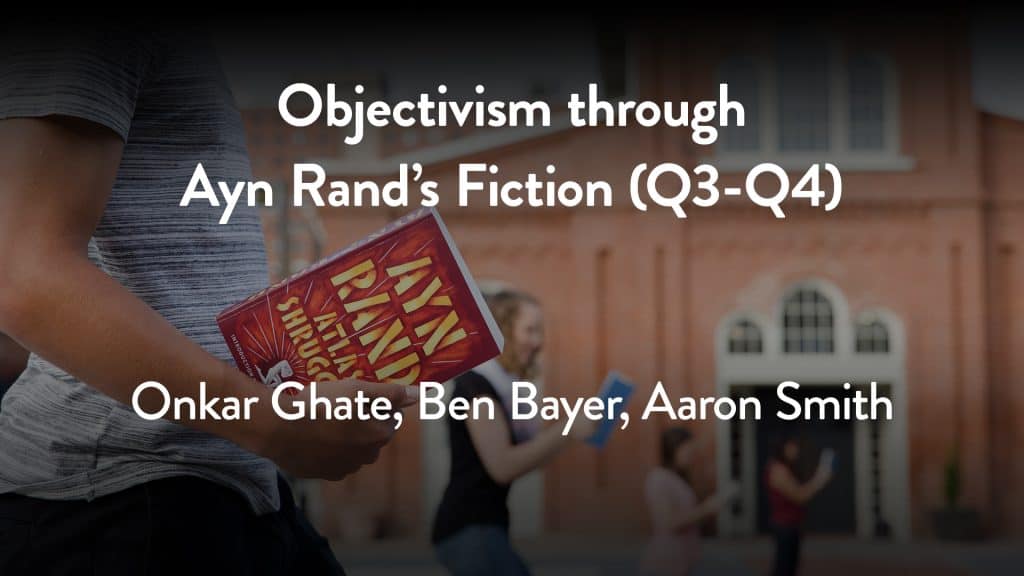Mission Statement
Ayn Rand described Objectivism as “a philosophy for living on earth.” This idea is at the heart of the Ayn Rand University, an online school of philosophy whose mission is to educate our students about Objectivism and to provide them with the intellectual, career, and life guidance they need to flourish.
How it Works
Ayn Rand University provides an online educational experience, giving you the flexibility to attend from anywhere in the world.
Each quarter, you’ll take one or more courses that feature lectures, graded assignments, classroom discussion, and feedback from our expert faculty. You may also meet regularly with one of our mentors, who will work with you to help you reach your learning and career goals so you can achieve success in thought and action. Though our program is demanding, most students find that they can succeed by devoting about 10 hours a week to their studies. And while we strongly encourage live attendance, all of our classes are recorded so that you can conveniently fit our classes into your schedule.

Live
Disscussion Groups
On Demand
Lectures
Instructor
Office Hours
Academic
Career Coaching
Who should apply?
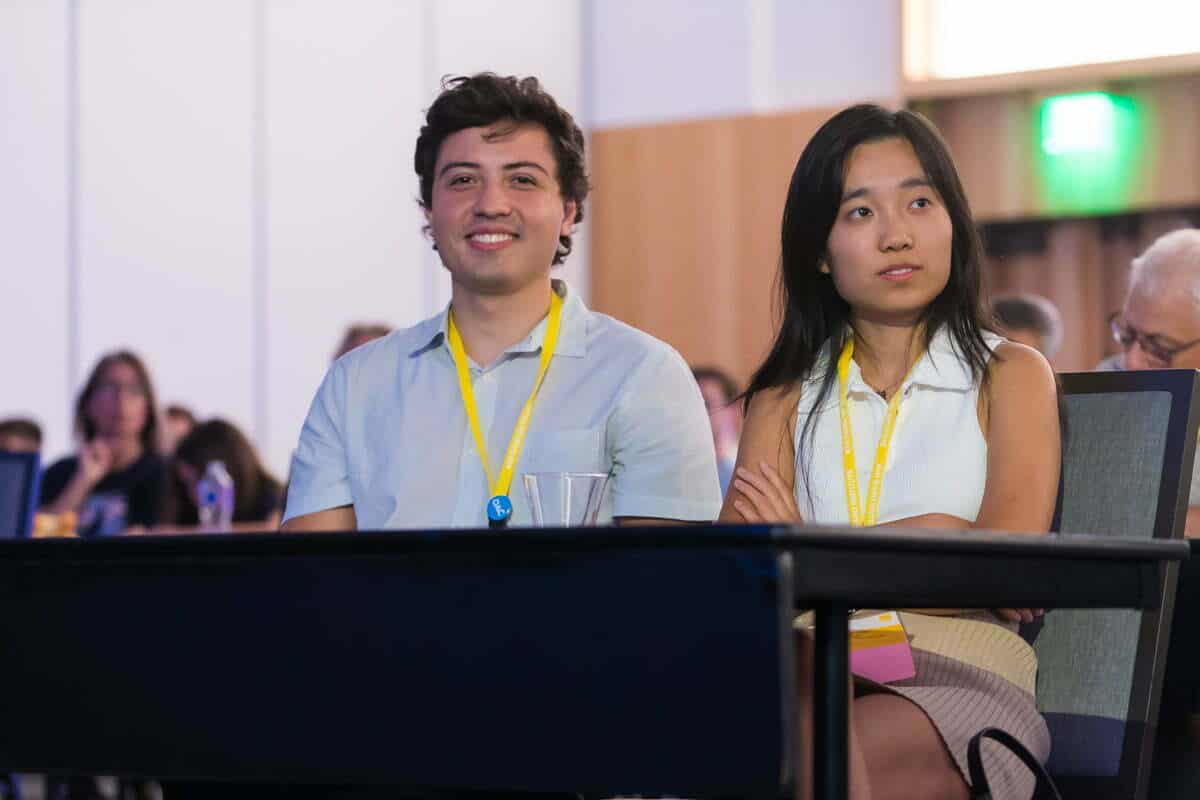
College-Age Students
Though you are just embarking on your studies, you understand that learning Objectivism will be an important part of your life. We provide an opportunity for you to improve your thinking and learn Rand’s ideas from the world’s top experts.
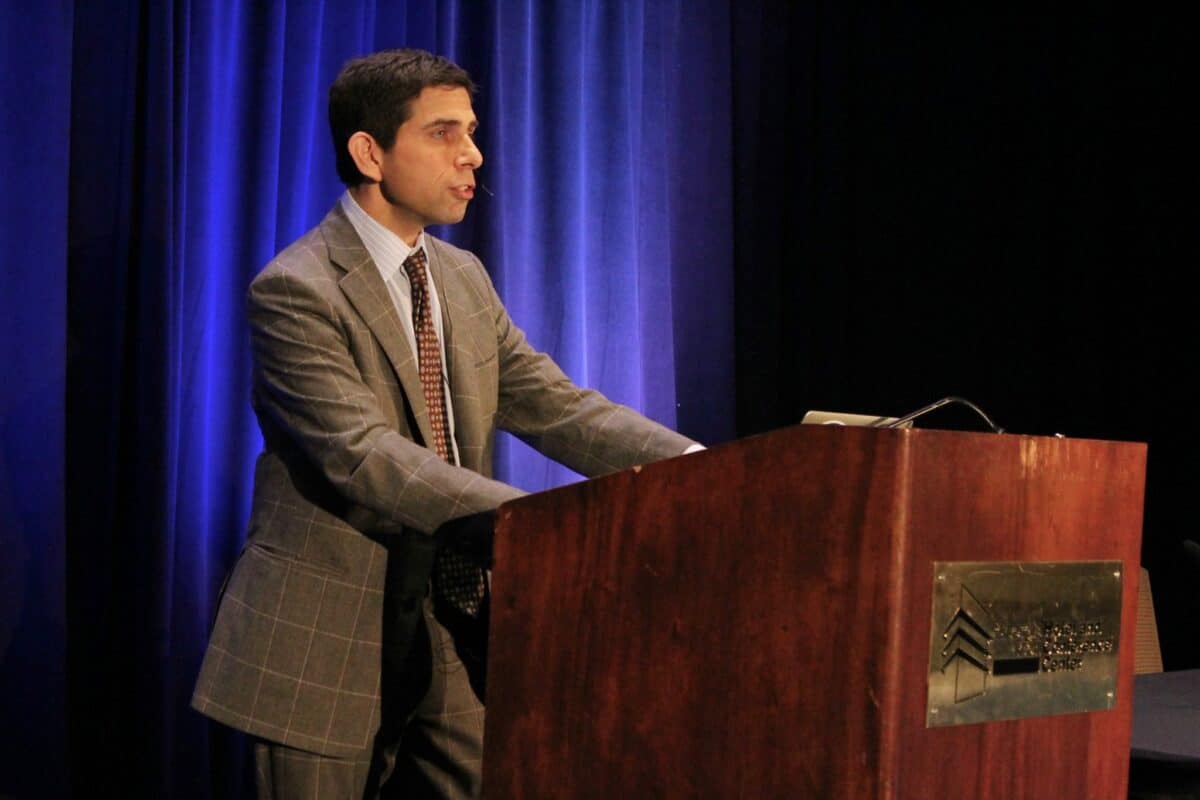
Intellectual Professionals
While you do not plan on being a philosopher or an academic, you understand the crucial role that philosophy will play in your life. We offer you the opportunity to study Rand’s ideas in depth, alongside your busy schedule.
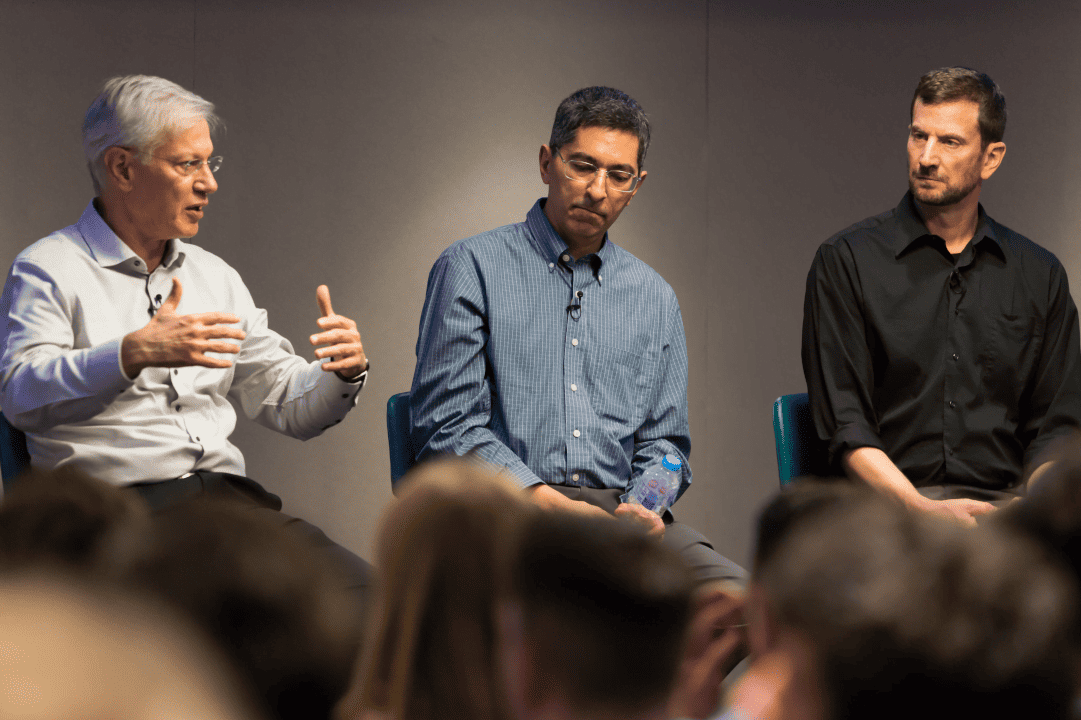
Professional Intellectuals
You aspire to an intellectual career, perhaps as a professor, speaker, or writer. As a student, you will receive academic training in Objectivism, help honing your communication skills, and practical coaching toward building your career.

Tuition
Admission into Ayn Rand University as a graded student is by application. Graded-student tuition is a flat fee of $5,950 in 2023-24, whether you take only one core course or a full-time slate of core courses plus electives. Tuition scholarships are available and many students participate with minimal cost.
Student
Scholarships
Many students receive tuition scholarships that greatly reduce their financial burden. If you are worried about tuition costs, please complete the tuition scholarship application in addition to your admissions application. Do not let financial concerns prevent you from applying—we have a strong vested interest in helping qualified applicants with their tuition.

Applications Open
Our Donors
Help us educate the next generation of Objectivist intellectuals by contributing to the Ayn Rand University tuition scholarship fund.
Our Faculty






Copyright © 1985 – 2024 The Ayn Rand Institute (ARI). Reproduction of content and images in whole or in part is prohibited. All rights reserved. ARI is a 501(c)(3) nonprofit organization. Contributions to ARI in the United States are tax-exempt to the extent provided by law. Objectivist Conferences (OCON), Ayn Rand Conference (ARC), Ayn Rand University (ARU) and the Ayn Rand Institute eStore are operated by ARI. Payments to OCON, ARC, ARU or the Ayn Rand Institute eStore do not qualify as tax-deductible contributions to the Ayn Rand Institute. AYN RAND, AYN RAND INSTITUTE, ARI, AYN RAND UNIVERSITY and the AYN RAND device are trademarks of the Ayn Rand Institute. All rights reserved.
